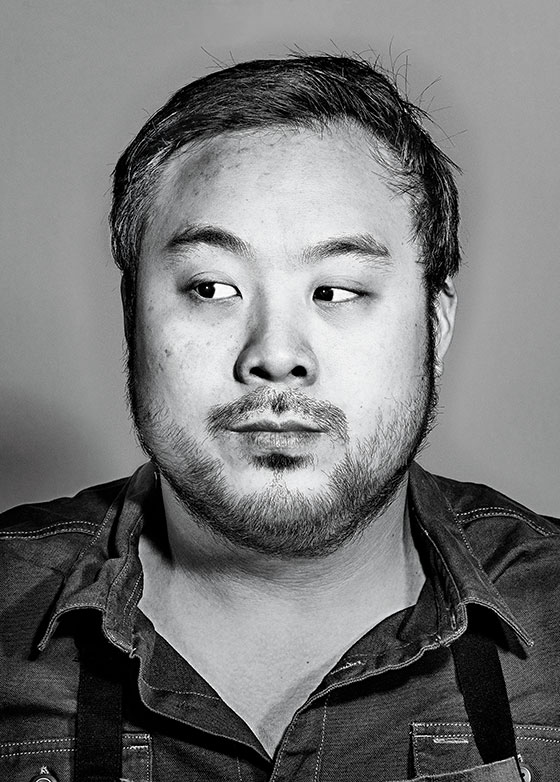 |
David Chang
(Photo: Christopher Anderson/Magnum Photos/New York Magazine) |
How crazy do you have to be to open a restaurant in New York these days? No number of James Beard Awards or critics’ stars, after all, can ensure longevity in a city ruled by the take-no-prisoners real-estate market and the vagaries of public taste. Union Square Cafe, wd-50, and Pastis are just the most recent casualties of the property-value escalation they themselves helped engender. Then there were the foldings of newer neighborhood gems like Marco’s and Chez Sardine, modest ventures that couldn’t live up to their owners’ expectations in an oversaturated market. In all, 82 New York City restaurants closed this year, according to the state’s restaurant association. That’s twice as many as last year.
But at the same time, 160 have opened, the highest figure since 2007. And so amid the failure there is brash optimism—the inextinguishable hope of becoming the next Smorgasburg stand to turn into a mini-chain, the latest scrappy pop-up to find a permanent home, the newest crazy-genius niche concept to become a citywide sensation. Danny Meyer might be closing his oldest restaurant, but he’s also on the brink of a Shake Shack IPO. Burgers are booming, but that hasn’t stopped some of the city’s most ambitious chefs from fighting the trend by reconfiguring fine dining to fit their own modern sensibilities. There is more delicious food to eat in New York than ever before, and Adam Platt has shared his annual recommendations for where to eat now.
What does it take to succeed in this roiling, many-tentacled ecosystem? For starters: shrewdness and tenacity, often blind confidence, and lots of luck. More than anything, though, today’s resourceful aspirants know how to play the game. And none better, perhaps, than David Chang, who took a sharp detour from fine dining to forge his own path with a shoestring budget and determination to democratize good food. In the decade since he opened Momofuku Noodle Bar, he’s become the scene’s poster boy as well as its most ardent champion. He presides over an empire of six New York establishments, plus outposts in Sydney and Toronto, and has become a genuine celebrity, changing the way we think about modern American food. In many ways, he embodies the new guard of chefs: They are masters of their own branding, opening “food labs,” jet-setting to international culinary conferences, capitalizing on signature dishes, and expanding intelligently. They know how to save a few bucks on a menu item and turn those savings into a hot new dining trend. The game isn’t new, of course. Today’s David Changs are yesterday’s (still hugely relevant) Jean-Georges Vongerichtens—major players in a network of connections across restaurants and generations. But there are always more moves to make (and seats to fill).
Additional reporting by Eric Barbera, Concepción De León, Vicky Gan, Matthew Giles, and Mary Jane Weedman.